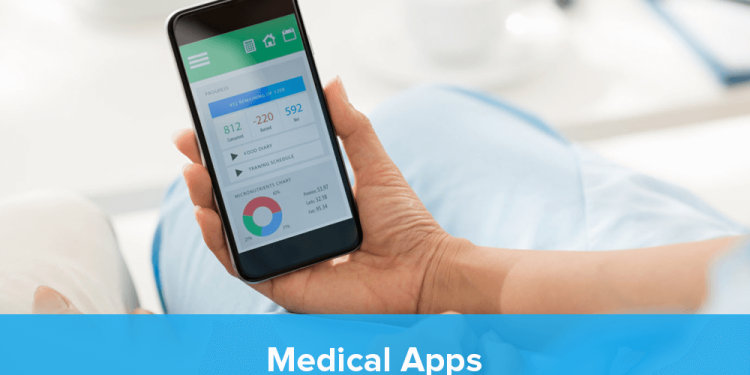With the popularity of smart phones and mobile Internet, health management APP has become an indispensable part of people’s life. These applications effectively promote patient self-management by providing functions such as health monitoring, disease prevention, health education, and condition management. This article will explore how health management apps can help patients better manage their health status, improve their quality of life, and the challenges and future development trends they face in achieving this goal.
The functions and roles of health management apps
Health monitoring
Many health management apps provide real-time monitoring of users’ health status. Users can record their physiological indicators such as weight, blood pressure, and blood sugar through these apps, and the apps will provide health advice based on this data. Some apps can also synchronize with wearable devices such as smartwatches and health bracelets, automatically recording users’ heart rate, sleep quality, daily activity levels, and other information.
disease prevention
The health management app can predict the risk of certain diseases and provide prevention recommendations by analyzing users’ health data. For example, for users at risk of heart disease, the app may recommend regular electrocardiogram checks and provide recommendations for healthy eating and exercise.
Health Education
These apps usually contain a large amount of health information and educational materials, helping users understand how to prevent diseases, how to have a healthy diet, how to engage in effective exercise, and so on. By learning these knowledge, users can better grasp the methods of health management.
Disease management
For chronic disease patients, health management apps can help them track changes in their condition, manage medication plans, and even communicate remotely with doctors. These functions are very helpful in improving the self-management ability of chronic disease patients.
Effective strategies to promote patient self-management
User friendly design
A successful health management app should have an intuitive and user-friendly interface so that users can easily input and view data. In addition, personalized health plans and feedback can increase user engagement and encourage them to manage their health more actively.
Accuracy and security of data
In order to win the trust of users, the app must ensure that the health data provided is accurate and can protect users’ privacy. This requires app developers to adopt advanced data encryption technology and strict data protection policies.
Combining education and motivation
Health management apps should not only provide knowledge, but also motivate users through setting goals, tracking progress, and giving rewards. For example, after completing a certain amount of exercise, users can receive virtual medals or points, and these gamified elements can increase user engagement.
Integration with healthcare providers
Integrating health management apps with healthcare providers’ systems enables doctors to view patients’ health data in real-time and adjust treatment plans in a timely manner. This integration can also make it more convenient for patients to make appointments with doctors and obtain medical consultations.
Challenges Faced
Although health management apps have great potential in promoting patient self-management, they also face many challenges. Firstly, there is the issue of user engagement, as many users give up shortly after downloading and using the app. Secondly, there are issues of data privacy and security, as users are highly sensitive to the leakage of personal health data. In addition, compliance with medical regulations is also an issue that app developers need to strictly consider.
Future Development Trends
Future health management apps will be more intelligent and personalized. With the development of artificial intelligence technology, apps will be able to provide more accurate health advice. Meanwhile, in order to increase user engagement and satisfaction, developers will continue to explore more incentive mechanisms and interactive features. In addition, with the improvement of regulations and technological advancements, data security and privacy protection will be better addressed.
epilogue
The health management app has become an effective tool for promoting patient self-management by providing real-time monitoring, disease prevention, health education, and condition management functions. Despite the challenges, with the continuous advancement of technology and optimization of user experience, future health management apps will play an increasingly important role in the field of healthcare.











































Discussion about this post